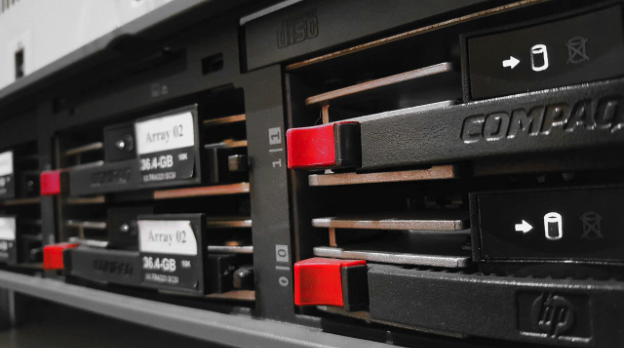
Over recent years, iGaming platforms have become more and more complex. This has led to back office tools becoming just as important as the games themselves. For operators, these systems are now a must for the likes of tracking player activity, making time-sensitive decisions, managing content, and even remaining compliant. The rise of smart, mobile-friendly solutions has shifted the back office from a static reporting tool to a live operational hub.
The Role of Real-Time Data in Decision-Making
Modern platforms are constantly on the go, being accessed 24/7. This means that trends can change within a matter of minutes. With real-time analytics, teams are able to see exactly what’s going on.
It could be that a game update leads to a drop in player retention and teams need to respond fast. It could be that there is a spike in fraudulent behaviour in certain regions and financial controls can be triggered before there is any harm done. The speed at which this happens is hugely important.
Why Mobile Oversight Has Become Essential
It’s common now for teams to spread across regions and time zones. This means that the ability to manage core operations from a mobile device is a must. Operators need to be able to approve changes, access dashboards, and receive alerts, even when away from their desks.
Modern systems come with full mobile access that includes live reporting, responsive designs, and secure logins. This flexibility allows marketing managers to adjust campaigns at speed, or for compliance officers to step in and freeze accounts within seconds if required. This is all about reducing the time between becoming aware of an issue and action being taken.
The best platforms let users customise alerts and tap into specific data from their phones or tablets without needing a desktop login or a separate tool.
Automation That Saves Time and Avoids Risk
Smart back office platforms increasingly rely on automated triggers to reduce manual work and catch problems early. These automations help support teams act faster and ensure consistency across departments.
It could be that a new slot suddenly has a huge win streak. In this case, an automatic notification could be sent to the provider for review. Or, it could be that deposits are suspicious and the system would be able to kick in and pause transactions while the relevant team is altered.
This kind of automation reduces the chance of human error. It also gives smaller teams the power to manage larger operations without stretching resources too thin.
Working Smoothly with Third-Party Providers
Most modern casinos host games from multiple studios, and that requires seamless communication between systems. A good casino games aggregator gives operators access to hundreds of titles, but it also brings added complexity in tracking performance and ensuring smooth updates.
There’s a need for back office tools to handle all of this without slowing down or creating duplicate content. Games that come from different developers might include different labels or formats, so the system needs to standardise those inputs from behind the scenes.
Operators benefit most when they can compare games across providers on a like-for-like basis, seeing which ones perform best by day, market, or campaign. This only works when the underlying integration is stable and responsive.
APIs That Adapt to Unique Operational Needs
One major change in recent years is the demand for flexibility. Rather than using off-the-shelf dashboards, many operators now want the freedom to customise how data flows between systems. This is where api integration for casino platforms has become essential.
By connecting directly with a platform’s API, teams can build their own tools or sync external services such as fraud detection, customer loyalty tracking, or financial reporting. This means they are no longer limited to fixed templates or slow update cycles.
An API-first approach supports faster growth. As new departments or tools are added, the back office can scale alongside them without needing to be rebuilt from scratch.
Keeping Ahead of Regulatory Pressure
With jurisdictions tightening rules on everything from deposit limits to session timeouts, real-time reporting is becoming mandatory rather than optional. A back office system must now include tools for detecting risky behaviour, managing player limits, and logging actions for audit.
Modern platforms offer detailed permission controls, secure data access, and activity logs. This helps operators stay within the rules and provide evidence of due diligence if questioned by regulators.
More importantly, the technology allows this to happen in the background. Players aren’t slowed down by compliance checks, and operators aren’t constantly bogged down with manual paperwork. When done well, it supports responsible play without disrupting the user experience.
Final Thoughts
Back office tools have always been essential to online gaming, but their role has shifted. What used to be a place for basic reporting is now a live control centre that drives decisions, maintains compliance, and protects revenue.
In a sector where change happens fast and margins depend on operational speed, the right tools behind the scenes are what keep the whole platform running smoothly.



